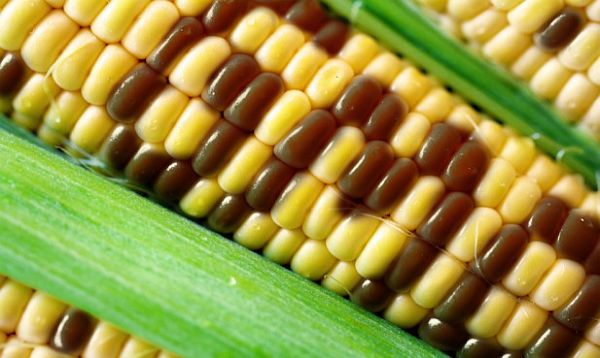Mexico City, Mexico - Mexico's "Federal Commission for the Protection against Sanitary Risks" (COFEPRIS) has approved the sale and consumption of 132 genetically modified products (GMOs) – half of them being corn as well as cotton, soy, and other crops - paving the way for a formal approval by the Mexican government.
While Alejandro Monteagudo Cuevas, the executive director of AgroBio Mexico, a federation of companies commercializing GMO products, welcomed the decision, the Mexican media called it "a transgenic stab."
So far, trading GMO products has been suspended thanks to a collective action, with anti-GMO groups arguing that GMOs represent a danger to the environment as well as for the biodiversity of native corn.
"The future of the national seed...in the face of the challenges of climate change, strongly depends on preserving Mexican varieties...which still provide a substantial part of the national production. The release of GMO corn threatens it in multiple ways," warned Elena Alvarez-Buylla, researcher at the Environment Institute of the Autonomous University of Mexico.
GMO seeds, which the US agro-industry started to develop en masse in the 1990s, does not only involve risks for biodiversity but also threatens the autonomy of local farmers, who end up buying their seeds from major GMO traders like Monsato, Syngenta, Bayer, Pioneer, or Dow Agroscience, Alvarez-Buylla argued.
In September the Mexican government also announced that it will continue using 12 pesticides which have been prohibited in most countries because they have been deemed a health hazard.
Original Story


